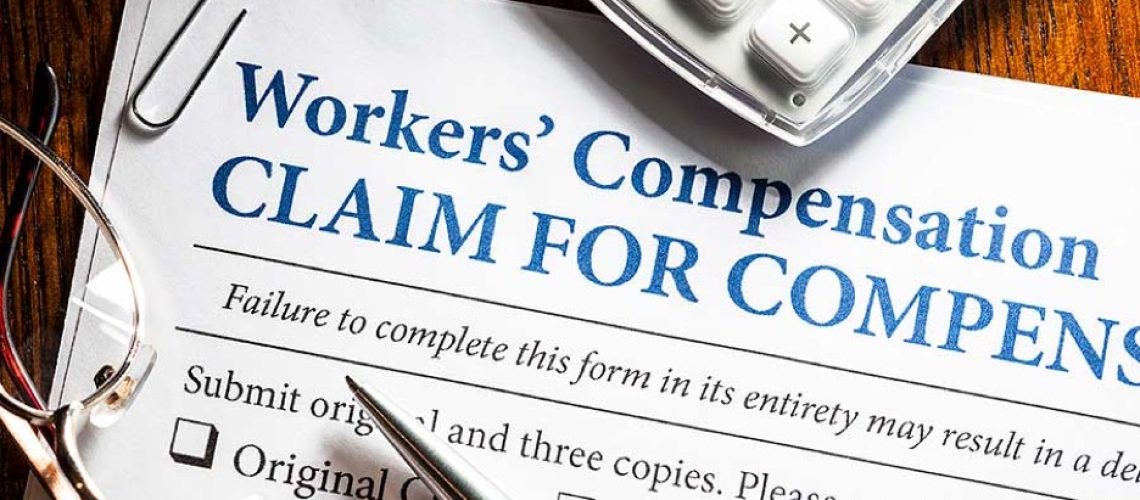The “going and coming” rule has to deal with workers’ compensation and helps define when an employee is considered on the job. Depending on the state and particular situation, the details will vary, so employees are supposed to acquaint themselves with their rights.
If you are facing such problems, a talk with a workers compensation attorney from Morris Bart can be helpful. Morris Bart is an excellent law firm that has won over $1 billion for their clients. Let’s discuss the rule, the exceptions to the rule, and what workers should expect to understand how the rule may come into play with their claim.
Understanding the Going and Coming Rule
The going and coming rule is that an employee is generally not in the course of employment when traveling to or from work. Thus, if an employee has to drive to work every day and is involved in a car accident, such injury would not be compensable through workers’ compensation. This rule is based on the idea that commuting to and from work is not considered part of one’s employment.
This rule applies in the following situations:
Travel to Work – Injuries sustained while traveling to work on the way to work, regardless of the means of transport used (car, bus, bike, etc.) are not normally compensable under the workers’ compensation laws.
Traveling Home – Injuries sustained on the way home after work are likewise non compensable.
Exceptions to the Rule
While the going and coming rule is a general principle, there are notable exceptions that could give employees benefits arising in the case of injury during commutes:
- Special Errands: If, while commuting, an employee is on a work errand—picking up office supplies, for instance—and they get injured, there may be coverage. Here, the employee would be considered to be within the scope of employment.
- Employer-Paid Travel usually means that an employee is considered to be in service while traveling to attend meetings or conferences. An injury occurring in the course of such travel may be compensable under workers’ compensation.
- Parking Lot Injuries: Coverage may be granted for accidents that occur in the employer’s parking area. This could be when one is arriving at or leaving the work premises. The Courts, however, allow claims within the premises since the parking lots can be regarded as part of the working environment.
- Traveling Between Job Sites: For employees who have multiple job sites or locations, injuries incurred while traveling between these sites may be covered, as this travel is considered part of their work duties.
- Dual Purpose: If an employee’s trip serves both personal and work-related purposes (for instance, picking up lunch for coworkers), the injury may still be considered work-related depending on the circumstances.
Implications for Employees
Understanding the going and coming rule is crucial for employees, as it directly impacts their eligibility for workers’ compensation benefits. Here are some implications to consider:
- Documentation: Employees should keep detailed records of their travel, including the purpose of their trips, especially if they involve any work-related activities. This documentation can be essential in proving the context of an injury.
- Legal Advice: If an employee is unsure whether their injury falls under the going and coming rule or one of its exceptions, seeking advice from a workers’ compensation attorney can provide clarity. Legal professionals can help assess the specifics of a case and offer guidance on how to proceed.
- Awareness of State Variations: Different states may interpret the going and coming rule differently. Employees should be aware of their state’s specific laws and precedents that may affect their claims.
The going and coming rule plays a significant role in determining the eligibility of workers for compensation benefits during their commutes. While the general principle excludes injuries incurred while traveling to and from work, several exceptions exist that can allow employees to claim benefits under specific circumstances.
By understanding these nuances and seeking legal guidance when necessary, employees can better navigate the complexities of workers’ compensation laws and protect their rights in the event of an injury.
Guest writer.
Editor’s note: Labour legislation differs from country to country so readers are advised to check with legal practitioners in their country for legal advice that is relevant to their circumstances.














